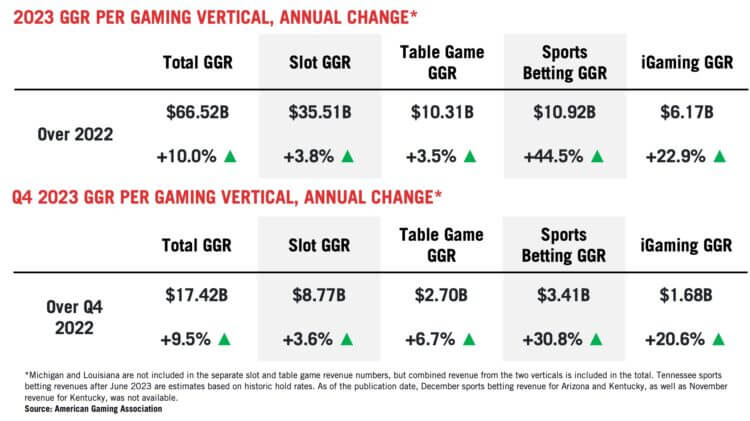Scammers are Taking Advantage of Promulgation of Sports Betting as NCAA Tournament Heats Up
The first round of March Madness took place Thursday, March 21.
In response, college hoop fans across the country will be taking advantage of legalized betting options in 38 states, including newcomers Vermont, North Carolina and Kentucky. But with this surge of virtual wagers, transaction dispute experts at Chargebacks911 warn of the potential for betting and gaming fraud as scammers look to take advantage of emotional gamblers throughout the collegiate tournament.
Recommended reading
- Fake Google Reviews: How to Identify, Remove & Prevent
- The Top 10 Prepaid Card Scams to Watch Out For in 2025
- How do Banks Conduct Credit Card Fraud Investigations?
- How Card Cracking Works: Tactics, Red Flags & Prevention
- Credit Card Cloning: How it Works & How You Can Prevent It
- How Overpayment Scams Work: Signals, Examples & Prevention
What’s at Stake
Earlier this year, the American Gaming Association (AGA) reported that the sports betting market set a new revenue record in 2023 with $10.9 billion; a 45% increase from 2022. More states are opening their doors to online gambling, including six states that either passed legislation to legalize sports wagering or allowed sportsbooks to begin accepting bets in 2023. In response, the issue of scammers targeting sports bettors is rising drastically.

“Because of its high emotional investment, sports betting can be a much trickier landscape to navigate, especially if a scammer has a refined method,” said Monica Eaton, CEO of Chargebacks911. “Increased legalization of sports betting and events like March Madness are resulting in more and more Americans wanting in on the action. But without due diligence, they may be setting themselves up to lose big.” iGaming has become a prime target for fraud and is now one of the top three industries globally for digital fraud attempts, according to TransUnion.
Many advertised betting services offer attractive discounts, introductory bonuses, and other “risk- free” deals that can seem too good to be true. Sadly, Eaton explains, these websites or apps may belong to fraudsters attempting to con bettors out of their money. Depositing funds into seemingly legitimate accounts is just the beginning of a potentially long fraudulent journey.
“Once your money lands in a scammer's account, the game isn't over. They stick around, hoping to reel you in further,” warned Eaton. “For example, if you lose, you might not suspect foul play. If you win, scammers will likely make excuses to withhold your earnings, asking for sensitive information like your driver's license or bank details. They might even ask for your bank account details so they can ‘make a deposit,’ which is another fraud tactic to get your bank information. All of these are tricks to get you to provide as much sensitive information as possible.”
Remember to Play Responsibly
According to Eaton, because much of sports betting is based on emotion, gamblers may be less cautious about giving fraudsters sensitive information, especially if there is potential to receive a “big payout.” Eaton offered a few steps bettors can take to ensure they are placing their wagers with a reputable sports book. These include:
- Research the sportsbook before signing up. Check reviews from other customers, ratings and overall reputation.
- Check the sportsbook’s licensing and regulation information. This should be clearly stated on their website.
- Make sure the sportsbook offers secure banking options. Payment methods used by the vendor need to be reputable and secure.
- Read the terms and conditions. Take the time to read the terms and conditions of any sportsbook before signing up.
- Ask for help from a trusted third-party. Consult with a third-party, such as an online gambling advisor or industry expert, to ensure the sportsbook is legitimate.
- Be wary of enticing ads. Disregard pop-up ads, spam emails or SMS messages offering discounts or bonuses on bets, as this is a common tactic of scammers. Even if the message looks like it comes from a reputable sports book, this could be a fraudster who went to greater lengths to make their scam look legitimate.
If you believe you’ve been scammed placing an online sports bet, contact your issuing bank right away and see what options are available to recover your money. If you have come across a sports betting scam, report it at once to www.BBB.org/ScamTracker.










